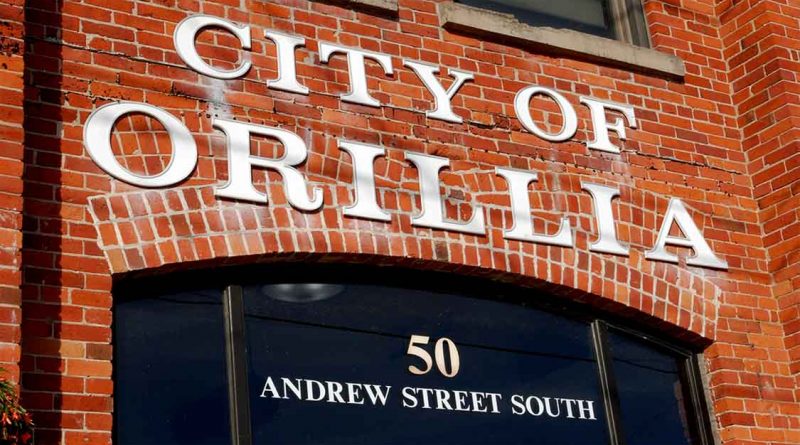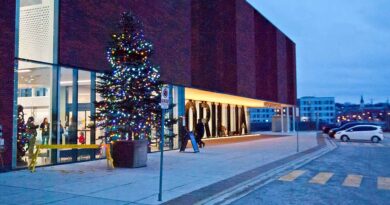Council Preview
By John Swartz
Orillia council’s 2 p.m. meeting Monday at the Opera House starts with a presentation naming new members to the Orillia Hall of Fame. Four people are being inducted and there will be a reception at 12:30 p.m. at City Hall before the council meeting.
The inductees are:
Ken Woodhouse. He was a commercial artist and cartoonist with work published in the Packet and Times and major publications in North America. He also designed logos for businesses in the area.
Gord Smith. He was the owner/founder of CFOR and a member of Orillia town Council, and MPP and deputy speaker of the Ontario legislature.
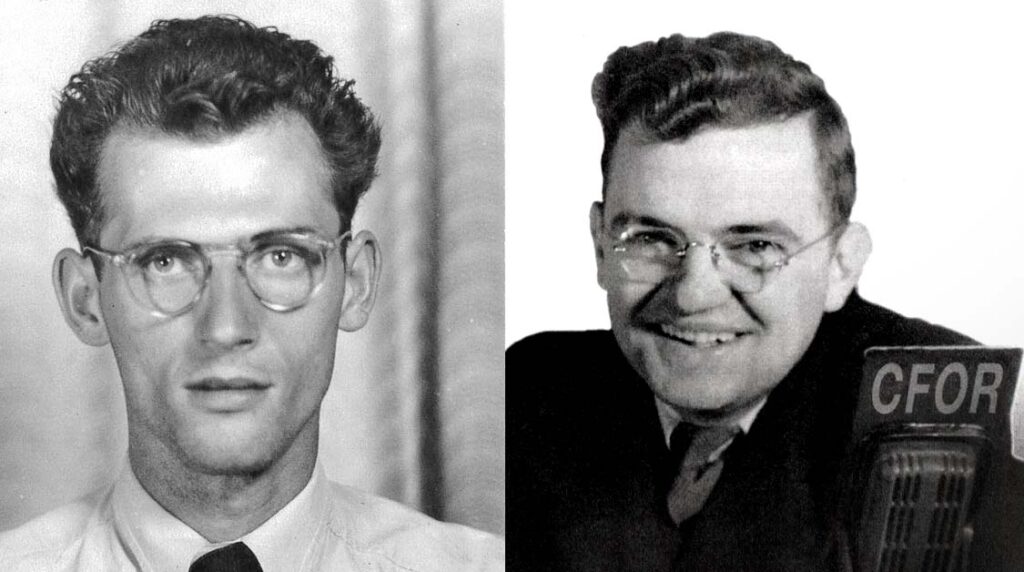
Bob Bowles. A noted naturalist, he is often called upon for expert witness opinion by various bodies, he is also the creator and coordinator of Lakehead University’s Ontario Master Naturalist certificate program.
Bill Swinimer. Aside for having a street named for him, his name also graces the Bill Swinimer Business Leader of the Year Award. He also has been a major donor to and served on the boards of both Soldiers’ Memorial Hospital and the foundation.
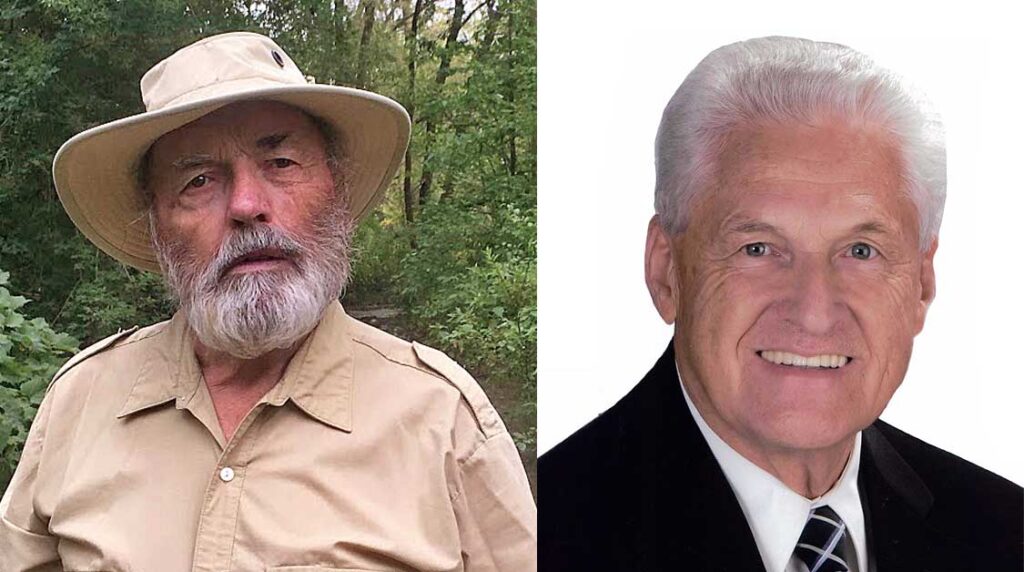
Next is a deputation by Frank Corker and Vicki Reed of the Orillia Pickleball Club asking for pickleball to be considered a part of Orillia’s Master Recreation Plan and funding in 2024 for pickleball court construction.
They would like to have 6 new courts constructed in 2024, and 6 additional courts the next year. Tennis BC estimates construction costs are about $25,000 per court.
Public Forum
There is no closed session scheduled so council will go straight o the public forum. At the last meeting there was a report prompted by an enquiry motion from councillor Luke Leatherdale to restore public forum rules as they had been for decades. Last December, at the first meeting of the new council, staff got council to approve changes to the ability of residents to address council. Those recommendations effectively shut off anyone’s ability to raise issues with council on any subject, limiting comments to only items on the agenda of the day.
Staff said, limiting comments would, “make meetings more open and transparent.” Staff also argued moving the forum to the start of the meeting allowed residents to address council before they made decisions about items on the agenda, which is a good idea. Previously people could voice their opinion after decisions were made. But, people often spoke about issues which were not on council’s or staff’s radar, yet.
In discussion councillor Leatherdale wanted council to vote on a second option which would expand topics to only those in municipal jurisdiction (which means expanding the current procedure to topics not on the day’s agenda) and add a second forum to the end of meeting agendas for that purpose, which councillor Ralph Cipolla moved.
Amanpreet Singh Sidhu, who is general manager of corporate services and city solicitor said, “having two open public forums would be extremely difficult to manage,” which gets to the point, staff wants to manage what residents say to council. He also said it leaves open the ability for people to attack councillors directly (which was never allowed), and to filter out those who don’t know how to conduct themselves in a decent manner (which also was never allowed).
The thing is, prior to the change in policy the meeting chair (usually the mayor) in effect moderated and people drifting off topic were directed to get back on topic, or if they veered toward inflammatory language to either change or sit down.
Staff still insist people register to speak at the end of the meet so staff can vet topics. Comments from staff all indicated they want the ability to control what people speak about.
The discussion revealed too many councillors think there are enough avenues, like making 9 phone calls to voice opinion to each member of council. This negates the ability of people to publicly put council on notice, so to speak, that an issue was brought to their attention. They fail to understand that personal communication with residents does not equal public conversation. They also think its fine to have staff be a barrier for people to address council.
Counicllor Lauer argued there is no need to register for an end of meeting forum because the meeting chair controls the microphone and registering prevents people from spontaneously deciding to voice opinion.
Council was evenly split with councillors Fallis, Lauer, Cipolla and Leatherdale in favour of restoring an end of meeting forum and mayor Don McIsaac breaking the tie.
Reports
Following the forum there are 7 reports to deal with. The first is by mayor McIsaac and councillors Fallis and Durnford about a poverty reduction strategy. The central recommendation is to invite community groups to participate and cooperate in creating a strategy (the chief partner would be Lakehead University), and to centralize information about various funding programs of higher level government. They also want $50,000 allocated at budget to be able to create a strategy.
One of the arguments is people who were previously not classed as low income are today low income. For example, the yardstick of 30% income for housing no longer applies and nobody really knows how many people it affects.
What is telling about this is municipalities with the least resources are being forced to confront the issues resulting from policy of higher levels of government.
The next report is from councillor Leatherdale who would like to have a bench installed on the new floating dock at Centennial Park of which there is nowhere to sit.
Next, councillor Leatherdale has received complaints about the condition of a walkway between Coldwater Road and Brant Street and would like to have it resurfaced. The cost to do so is estimated to be $35,000.
Councillor Fallis would like the budget committee to increase the amount allocated to the City’s affordable housing reserve. The reserve was created in 2018 and until last year council was setting aside $100,000 annually, but did increase the amount to $200,000 with the 2022 budget. There is a balance of $360,750 in uncommitted funds in the reserve. Fallis recommends an increase of $100,000 in 2024.
Fallis also has a report requesting on-street parking in downtown be reduced to $2.25 per hour. In April council voted to increase meter parking by 300% to $3 per hour. There are two recommended actions; one is to report back (council just had a report in April), or to just approve the reduction outright.
Lightfoot Museum
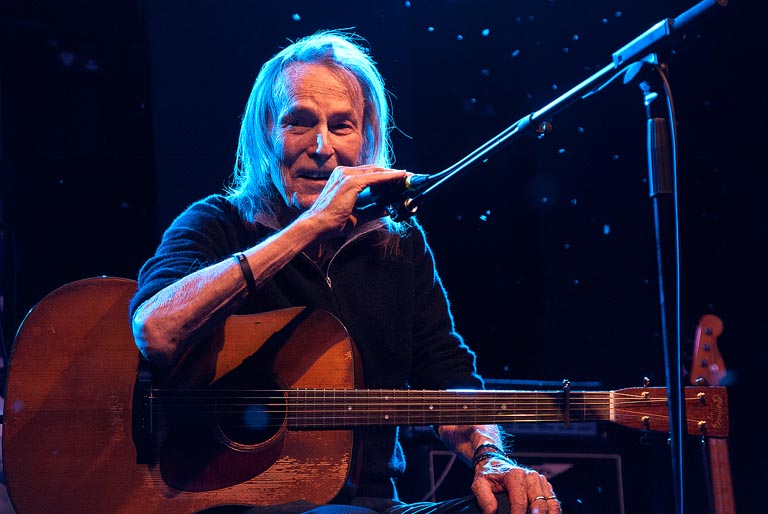
Mayor McIsaac has a report informing council of efforts of a working group (comprised of McIsaac, Pam Carter and Chris Hazel of the Mariposa Folk Foundation, Stephen Davids of the Orillia Museum of Art and History and former mayor Steve Clarke).
They have met with the executors of the estate and submitted a proposal and have been in communication with individuals targeted to form an advisory committee for a community fundraising effort. They also have identified two appraisers and identified locations where a museum might be located.
The last report responds to a letter from Insp. Coyer Yateman of the Orillia OPP requesting traffic lights for the intersection of Swinimer Drive and University Avenue because a high number of accidents since the OPP moved to the West Ridge. He states there have been 52 collisions since the detachment opened in November 2020, many a result of speeding, in front of the OPP detachment.
The main issue is drivers coming off Old Barrie Road are not turning into the proper lane (curb lane), there is a speed limit drop from one to the other, and there is a bit of a hill that restricts vision. He would like the City to make that turn a no turning on red intersection.
The City however, shows only 42 collisions, with 30 of them being on University approaching Old Barrie Road and being the not stopping before the trunk of the car ahead at the intersection kind. Only 7 collisions relate to turns onto University from Old Barrie, with three more at the intersection of Swinimer an University.
Staff say new lights are being installed at the other intersection of Swinimer and University and there would be too many traffic lights over a short distance. They also say there will be several changes to Old Barrie Road made when the province replaces in 2026 the bridge over Highway 11 they just replaced.
Staff’s solution is to paint lines, arcs, in the intersection to line up with lane markings and to add a green turn arrow from Old Barrie to University corresponding to the green light for traffic from University to Old Barrie. In effect this would allow right hand turns without stopping and theoretically reduce traffic stacking up in thee turn lane on Old Barrie. Staff also recommend a radar speed display sign on University. The cost to make those changes would be $16,850.
Enquiry Motions
There are no motions under the various headings for council to debate except for one enquiry motion from councillor Jay Fallis. He would like a report to have increased snow removal on Julia Crescent, Brant Street between West and Park, and West Street from Fittons Road to downtown. He would also like staff to report about staff procedure during extreme snowfalls.
Council meetings can be watched on the City’s Youtube channel – live, or at any time afterward.
(Photos by Swartz – SUNonline/Orillia; Images Supplied)

